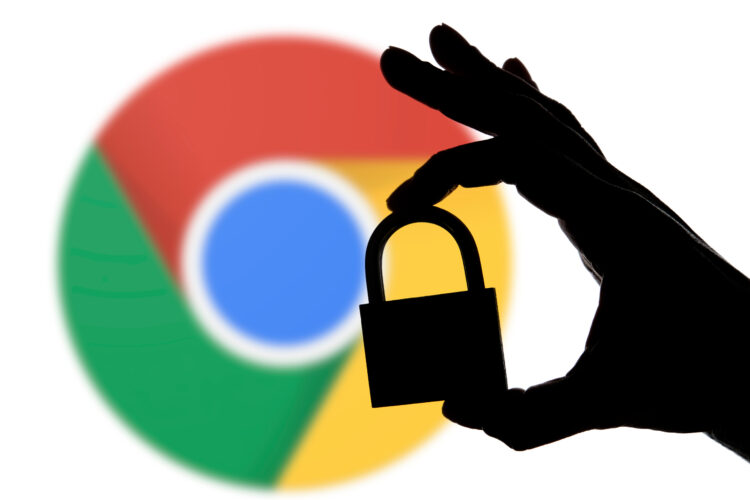Google 1% cookie deprecation: what will change?

It’s been a big week for Google as it began its long-awaited deprecation of cookies for 1% of Chrome users.
Not only that, but the tech giant has announced it will overhaul its 30,000 strong ad sales team as it explores progress in artificial intelligence, automation and machine learning.
On the deprecation front, the new Tracking Protection feature will affect around 30 million randomly selected users around the world who will be presented with an option to “browse with more privacy” on Chrome.
A Google spokesperson told The Media Leader that this 1% deprecation was “enabling scaled testing in real-world conditions” and that “any results will be up to those who undertake testing”, so there would be no comment on potential timelines for the test or results.
Analysis: New solution required
Digital advertising industry leaders seem split between hailing this step as a pivotal moment in a move towards privacy or a solution that will not benefit the wider ecosystem as much as it could.
Tim Elkington, chief digital officer at IAB UK, said of the latest move: “Google’s deprecation of third-party cookies for 1% of Chrome users globally should be a wake-up call for anyone that has put off taking action. This is a taster of what’s to come later in 2024 and preparation is vital. Research alternative strategies for targeting and measuring your digital campaigns, start testing what works and feed back to vendors.”
He added that “doing nothing isn’t an option” and the fact that Google has got the process under way “should galvanise the industry”. Even if time is short, Elkington said it was “not too late” to get businesses ready.
Meanwhile, Phil Duffield, vice-president, UK, at The Trade Desk, told The Media Leader: “Third-party cookies are finally on their way out, but Google’s new alternative, the Chrome Privacy Sandbox, likely won’t help anyone other than Google navigate the new state of play.
“The average consumer engages with ads across four to six devices everyday, so we need a solution that allows publishers and advertisers to deliver a cohesive and engaging advertising experience across these different devices and channels — not just on Google Chrome.”
Duffield urged the marketing industry to build alternative solutions to “protect the future of digital advertising” and for advertisers to proactively test and innovate now, rather than respond to gradual changes from Google.
“Making the most of the patchwork of identifiers that are optimised for the open internet as a whole, along with the powerful insights of their first-party data, offers advertisers the best chance to optimise their digital campaigns whilst also putting the user’s experience front and centre,” Duffield explained.
A critical starting point
From a European regulator’s ruling on consent pop-ups to IAB Europe being fined for GDPR breaches to Google’s Privacy Sandbox experiments and full cookie deprecation delays — the issue of cookies and consent has been a hot topic in recent years. At the same time, media owners have increasingly talked about their own first-party data efforts.
Google’s latest move, even though it affects just 1% of users, will impact targeting, measurement and attribution in Chrome and these test results will be watched closely by the digital advertising industry.
This 1% step is a critical starting point and, depending on how this test goes, Google’s aim is for full deprecation by the end of the year.
However, there are still a lot of unknowns and this test would still need UK Competition & Markets Authority approval before a broader roll-out.
Over that time, as tests on more users continue, more details will come to light in terms of changing consumer behaviour as well as media owner and adtech preparedness, potentially shifting auction dynamics in programmatic advertising and changing advertiser benchmarks.




